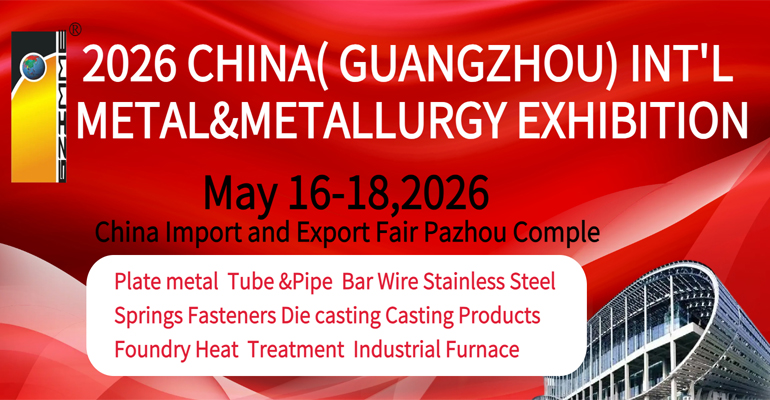Building on their successful partnership established in 2022, aimed at creating the first heat exchanger made with fossil-free steel, Alfa Laval and SSAB are taking their collaboration to the next level. Alfa Laval will now integrate SSAB’s remarkable fossil carbon emission-free and recycled steel, known as SSAB Zero, into their heat exchangers. This significant development marks a crucial milestone in the pursuit of a global carbon-neutral supply chain.
The steel industry is a critical player in the battle against climate change, responsible for 7 pct of the world’s carbon emissions. Alfa Laval and SSAB’s joint effort seeks to address this challenge, primarily focusing on emissions originating from a limited number of locations.
By incorporating SSAB’s fossil carbon emission-free, recycled steel into Alfa Laval’s heat exchangers, produced through renewable-based processes, the collaboration takes a significant stride toward achieving a global carbon-neutral supply chain.
This year alone, over 100 heat exchangers will be delivered, with even more expected in the coming years. These heat exchangers will be deployed in various sectors, including HVAC, data centers, and process industries, to enhance energy efficiency.
SSAB Zero boasts zero fossil carbon emissions (less than 0.05 kg CO2e emissions per kg of steel in scope 1 and 2) throughout its operations, including energy procurement and transportation. SSAB employs market-based emission factors for electricity and can ensure fossil-free electricity through guarantees of origin. To preserve fossil fuels, SSAB has implemented a robust system to manage and verify alternative sources used in the production of SSAB Zero. The circular economy is supported by using only recycled steel as a raw material. SSAB does not participate in carbon emission offsetting activities.
Alfa Laval’s objective is to achieve carbon neutrality by 2030, eliminating emissions from product manufacturing, raw material extraction, and end-of-life processes. In addition to incorporating fossil-free steel into their heat exchangers, Alfa Laval is now integrating recycled carbon black into their gaskets. This utilization of recycled carbon black results in up to a 5 pct reduction in CO2 emissions for each unit, compared to standard gaskets.


